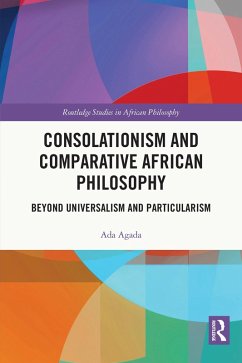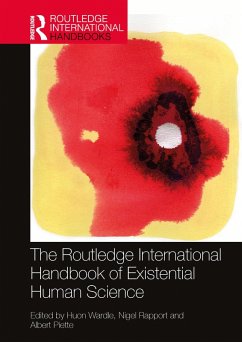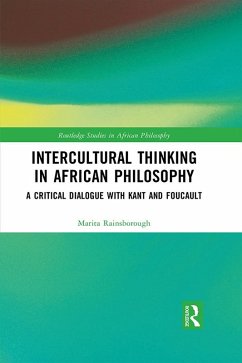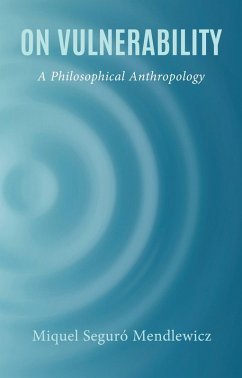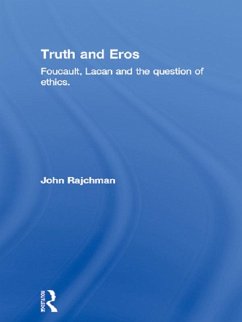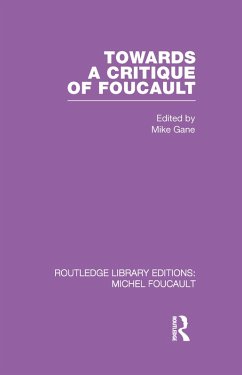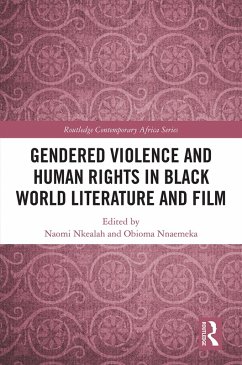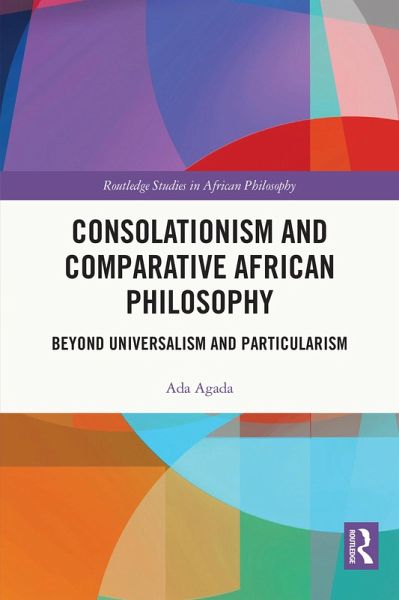
Consolationism and Comparative African Philosophy (eBook, PDF)
Beyond Universalism and Particularism
Versandkostenfrei!
Sofort per Download lieferbar
41,95 €
inkl. MwSt.
Weitere Ausgaben:

PAYBACK Punkte
21 °P sammeln!
In a major challenge to African philosophy, this book demonstrates the importance of the universalisation question for every committed African philosopher. Rooted in Africa's colonial legacy, the universalisation question challenges the African thinker to show how authentically African philosophical concepts and phenomena can be universally applicable in a globalising world.In this highly original book, the author inserts the philosophy of consolationism into African philosophical discourse, constructing a unique philosophical system that is at once African and universally relevant. The book e...
In a major challenge to African philosophy, this book demonstrates the importance of the universalisation question for every committed African philosopher. Rooted in Africa's colonial legacy, the universalisation question challenges the African thinker to show how authentically African philosophical concepts and phenomena can be universally applicable in a globalising world.
In this highly original book, the author inserts the philosophy of consolationism into African philosophical discourse, constructing a unique philosophical system that is at once African and universally relevant. The book engages major African and Western philosophers of diverse ideological leanings in a compelling dialogue that announces the future of world philosophy as one of interculturality, in which a common philosophical horizon is forged out of the cultural diversities of the world for the edification of humanity in a continually changing world.
This book will be an important read for researchers in the fields of African Studies, intercultural philosophy, philosophy of mind, and existentialism.
In this highly original book, the author inserts the philosophy of consolationism into African philosophical discourse, constructing a unique philosophical system that is at once African and universally relevant. The book engages major African and Western philosophers of diverse ideological leanings in a compelling dialogue that announces the future of world philosophy as one of interculturality, in which a common philosophical horizon is forged out of the cultural diversities of the world for the edification of humanity in a continually changing world.
This book will be an important read for researchers in the fields of African Studies, intercultural philosophy, philosophy of mind, and existentialism.
Dieser Download kann aus rechtlichen Gründen nur mit Rechnungsadresse in A, B, BG, CY, CZ, D, DK, EW, E, FIN, F, GR, HR, H, IRL, I, LT, L, LR, M, NL, PL, P, R, S, SLO, SK ausgeliefert werden.




